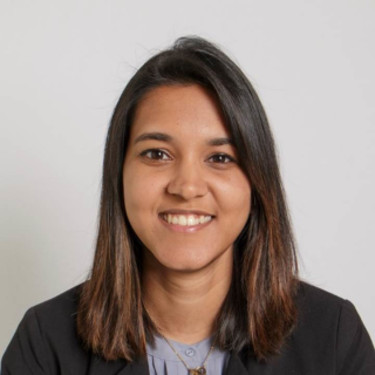There is one piece of feedback that learners in medicine dread hearing — sometimes to the point of an involuntary eye-roll: “I recommend spending some time reading a bit more about XYZ.” In my experience, it’s rarely said with patronizing or malicious intent. More often, it feels like the speaker is grasping for actionable feedback but doesn’t have anything more substantive to offer. Still, this phrase never fails to make me bristle, though the feeling is more complex than simple annoyance. After all, we all signed up to be “lifelong learners,” another phrase that is frequently tossed around in medical training. I don’t recall anyone ever explaining what that actually meant. For a while, I thought it was self-explanatory: reading journal articles in your free time, studying for board exams long after you’re out of school, and keeping up with new medications and evolving health care systems. Medical school tends to self-select for people who are naturally curious about how things work, why they work, and how to make them better.
As a child, learning was my greatest joy. I was the type of kid who dreamed of being an inventor, who lost herself in novels, who spent hours at the library just because she could. I loved school so much that I chose a career that guaranteed I would be in it for most of my young adult life. So, imagine the complicated emotions that now come with dreading the suggestion to “read more.” What changed?
Maybe it’s the lack of choice. Learning used to be something I opted into. Now it’s a non-negotiable part of life as a resident. It shows up daily through morning rounds, late-night literature searches to justify clinical decisions, and re-evaluating my medical mistakes. No one is curating my education for me anymore; the responsibility is mine alone. If learning is like swimming, I’m now paddling solo; there are lifeguards, but no more swim lessons. After long days of making decisions and navigating emotionally draining situations, learning starts to feel like another obligation instead of a pleasure. In those moments, all I want is the relief of giving in to decision fatigue — to turn my brain off and watch TV.
I miss the version of me who followed her curiosity down rabbit holes, who read things just because they were interesting, who had the ability to be bored — and in that boredom, find inspiration. These days, the idea of using my off-hours to think more, about medicine or otherwise, doesn’t excite me. If anything, it feels like a continuation of work. When I do open a book, I frequently find myself caught in another task or on my phone. Our attention spans are already decreasing as a result of daily technology use and frequent multitasking, and when this is combined with the mental load of residency, it becomes quite easy to see why I have lost the joy in learning.
As more people in medicine explore non-traditional paths and consider part-time careers, it’s clear the field is still reckoning with the legacy of an era that glorified overwork. “Work-life balance” means something different for everyone. While it still feels a little taboo to say it, I chose family medicine in part because it offered the possibility of giving energy to pursuits beyond the clinical. Family medicine is not a cushy lifestyle specialty, but it supports a culture where life outside of work is considered valuable. True to form, I have a wide range of interests peripheral to clinical medicine like teaching, advocacy, and writing, to name a few — and I am excited to build a career that makes space for them. I am also ready for a career that supports my more extraneous interests, like literary nonfiction, film history, or linguistics. I likely will never obtain a degree in these topics, but doing a deep dive into the things that interest me outside of medicine has made me feel more like a whole human, not just a clinician.
Recently, I got some sage advice: “Stop saying ‘I don’t have time,’ and start admitting that you’re choosing not to make time.” It has been hard to confront that my intellectual curiosity has dimmed — and that I may be responsible for letting it slip away. There’s grief in that realization: I miss the childlike wonder I used to feel. But, I believe I can still get it back. As I enter my second year of residency, my goal is to reignite the joy of learning, not just to become a better doctor, but to feel more like myself again. Maybe that means scheduling intentional time for creative endeavors or researching a topic that sparks my interest. Or giving myself permission to be bored — taking an aimless walk, leaving my phone behind, letting my mind wander. Maybe it even means just carving out guilt-free space in my calendar to watch TV or read a book. There’s value in the pursuit of knowledge and learning without a goal or outcome, and I think it’s time to re-discover that intrinsic drive to learn for learning’s sake.
When's the last time you learned something new? Share in the comments.
Dr. Brinda Sarathy is a family medicine resident at the University of Colorado in Denver, CO. She is passionate about social justice, medical education, and storytelling. In her free time, you can find her hiking, paddleboarding, or exploring a local bookstore. Dr. Sarathy was a 2024–2025 Doximity Op-Med Fellow, and continues as a 2025–2026 Doximity Op-Med Fellow.
Image by Alphavector / Shutterstock






